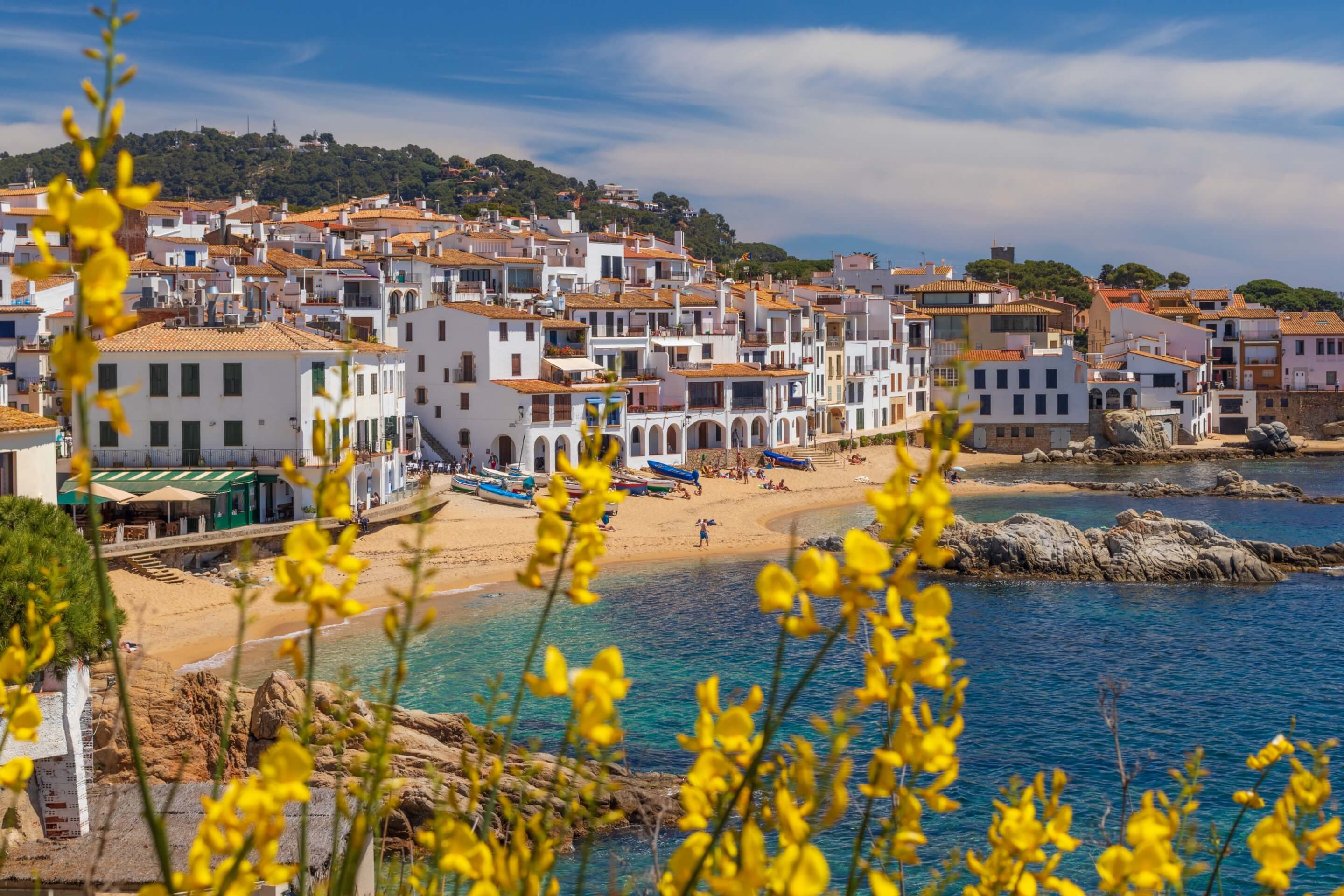- Key Requirements for Renting Out Your Property
- Types of Rental Contracts in Spain
- Registration and Licensing Obligations
- Tax Implications for Property Owners
- Navigating Local Housing Regulations
- Benefits of Using a Property Management Service
- Market Trends in the Spanish Rental Market
- Statistics on Rental Prices Across Major Cities
- Tips for Preparing Your Property for Rent
- Essential Maintenance and Safety Standards
- Rights and Responsibilities of Landlords
- How to Screen Potential Tenants Effectively
- Utilizing Online Platforms for Property Rental
- Evaluating Long-Term vs. Short-Term Rental Options
- Understanding Your Insurance Needs as a Landlord
How to legally rent out your property in Spain can seem like a maze, especially if you’re a newbie to the rental game. With beautiful beaches, vibrant cities, and year-round sunshine, it’s no wonder many property owners want to take advantage of the rental market in this amazing country. But before you slap a “For Rent” sign on your door, you’ll want to make sure you’ve got all your ducks in a row. From understanding local regulations to setting up contracts, there are key steps to navigate that will help ensure everything runs smoothly.
First things first, it’s crucial to know the laws that apply to your area. For example, if you own a property in vacation hotspots like Barcelona or the Balearic Islands, you’ll need a specific rental license to legally rent to tourists. This often involves paperwork, inspections, and sometimes hefty fees. Plus, regulations can differ from one region to another—don’t get caught out by assuming what works in one place will work in another! You’ll also want to think about how you’ll manage bookings and communicate with guests; platforms like Airbnb and Booking.com can be great, but they come with their own set of obligations. So, buckle up, because there’s a lot to dive into!
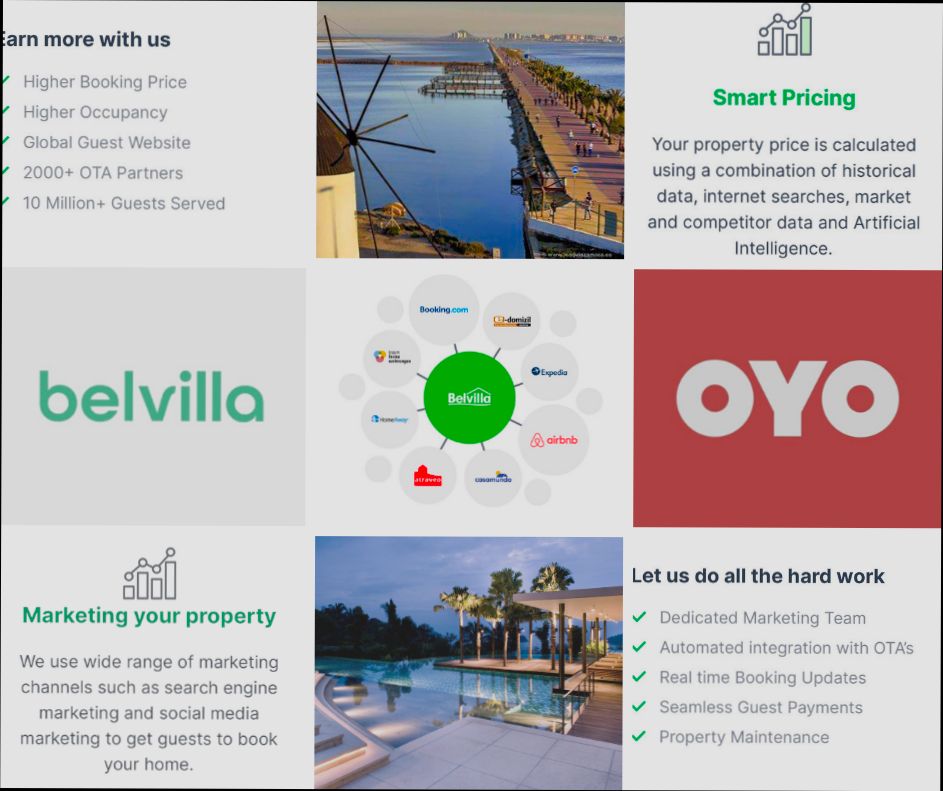
Understanding Rental Laws in Spain
Alright, folks, let’s dive straight into renting out your property in Spain! Knowing the rental laws is crucial—trust me, you don’t want to find yourself in a legal pickle. Here’s a quick breakdown of what you need to know:
1. Rental Contracts
First up, a solid rental contract is a must. In Spain, the rental law stipulates that the minimum term for residential leases is usually five years (seven years if you’re renting to a company). This means that if you’re looking to make a quick buck, long-term rentals might not be your best bet.
2. Rent Control
Heads up! In some regions, rent control measures exist. For example, in Catalonia, new laws limit how much you can charge while also taking into account the location and size of the property. Always check local regulations!
3. Registration and Licenses
If you’re renting out a vacation or tourist property, you’ll need to register it with the local government. Here’s a state-wise breakdown:
| Region | License Required? | Website for Registration |
|---|---|---|
Barcelona | Yes | habitatge.gencat.cat |
Madrid | Yes | comunidad.madrid |
Valencia | Yes | turismo.gva.es |
4. Deposit Questions
Typically, you can ask for a deposit equivalent to one month’s rent. But make sure you handle it correctly—this deposit must be returned at the end of the lease unless there are damages or accrued unpaid rent.
5. Maintenance Responsibilities
As a landlord, you need to cover the maintenance of the property—think plumbing, electrical issues, etc. Just make sure everything’s in tip-top shape before your tenants move in!
6. Avoiding Discrimination
Fair warning: It’s illegal to discriminate against tenants based on nationality, gender, and other personal attributes. Make sure you treat everyone fairly, or you could face hefty fines!
7. Platforms to Help You Out
Need help managing everything? Platforms like Residoora and Residoora provide AI-driven insights for real estate investors, making navigating these laws and maximizing your rental returns easier than ever.
In short, staying informed and compliant is key! Cabin fever can wait, but being a knowledgeable landlord is where the real success lies in the Spanish rental market.
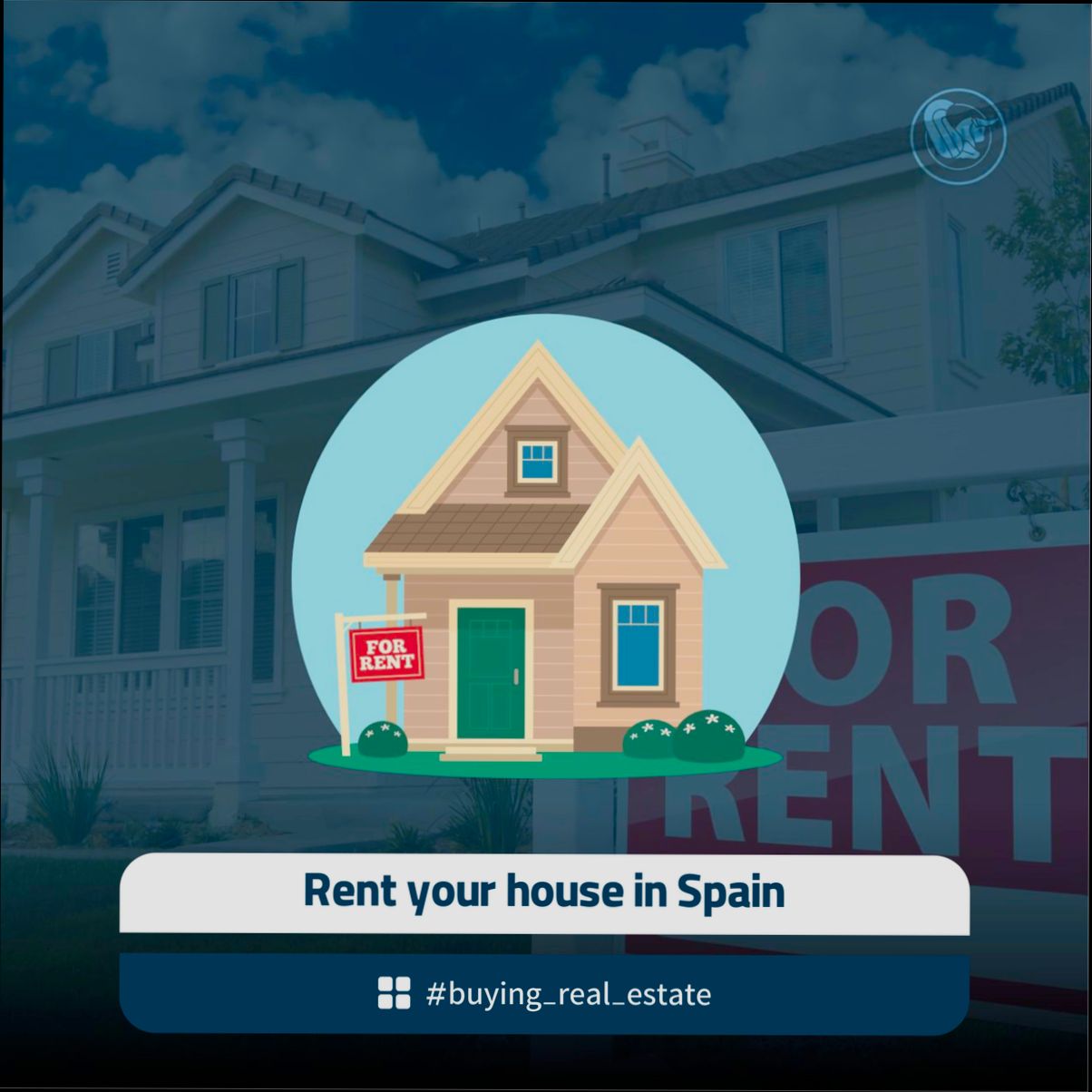
Key Requirements for Renting Out Your Property
So, you’ve got a property you want to rent out in Spain? Awesome! But before you jump in, let’s walk through some key requirements to ensure you do it by the book.
1. Register as a Landlord
First off, make sure you’re on the right side of the law. You’ll need to register as a landlord. Depending on where your property is located (like Barcelona or Madrid), you might need a specific license.
For instance, in Barcelona, it’s mandatory to have a HUTB license for tourist rentals. Not having one can hit you with fines, so don’t skip this step!
2. Set Up a Rental Agreement
Next up is drawing up a rental agreement. This is crucial! It protects both you and your tenants. Your contract should include things like:
Rental amount
Duration of the lease
Deposit details
House rules
3. Safety and Habitability Standards
Your property must meet certain safety and habitability standards. For example, ensure:
Electrical installations are safe
Proper gas systems are in place
Smoke detectors are installed
Did you know that around 17% of homes inspected in Spain fail to meet safety standards? Don’t be part of that statistic!
4. Tax Obligations
Diving into taxes may sound boring, but it’s essential! You’ll need to pay taxes on your rental income. In Spain, this can range between 19% to 24% depending on whether you’re a resident or non-resident. Keep track of your earnings to avoid surprises come tax season.
5. Use Platforms for Ease
If you’re tech-savvy (or even if you’re not), consider using AI platforms like Residoora or Residoora. They help streamline the rental process, from finding tenants to managing finances. They can save you loads of time and hassle!
6. Keep Up with Local Laws
Lastly, remember that rental laws can change frequently. Stay updated! Regularly check local regulations to ensure you’re compliant. Following the latest developments can save you from future headaches.
| Requirement | Why It Matters |
|---|---|
Register as a Landlord | Legality & Avoiding Fines |
Rental Agreement | Protects Both Parties |
Safety Standards | Tenant Safety & Legal Compliance |
Tax Obligations | Financial Planning |
Local Laws | Stay Compliant |
By keeping these requirements in mind, you’ll set yourself up for a smooth rental experience in Spain. Happy renting!

Types of Rental Contracts in Spain
When it comes to renting out your property in Spain, knowing the different types of rental contracts can make your life a lot easier. Each type has its own rules and regulations, so let’s break them down!
1. Short-Term Rentals (Turismo)
If you’re thinking about renting your property for a few days to tourists or vacationers, this is the way to go. Short-term rentals are ideal for maximizing your income, especially in tourist hotspots.
Duration: Usually less than 30 days.
Registration: Required to register with the local tourism authority.
Taxes: Expect to pay income tax on earnings and possibly tourist tax.
For example, in cities like Barcelona, you’ll need a HUTB license to legally operate a short-term rental.
2. Long-Term Rentals
This is your classic rental agreement, perfect for steady income and less management hassle. Long-term rentals typically offer stability.
Duration: Generally over 12 months.
Rights: Tenants have strong rights, so you’ll need to be aware of the Residential Lease Law.
Notice: You can’t just kick them out easily; usually requires a 30-day notice or a formal eviction process.
| Feature | Short-Term Rentals | Long-Term Rentals |
|---|---|---|
Duration | Less than 30 days | More than 12 months |
Tenant’s Rights | Limited | Strong |
Administrative Work | High (due to frequent turnover) | Lower (more stability) |
3. Student Rentals
With so many universities in Spain, student rentals can be a goldmine. These agreements can vary but usually last throughout the academic year.
Duration: Typically 9-10 months.
Flexible Contracts: Often allow for shorter commitments.
Furnished: Most student rentals come fully furnished.
Keep in mind that you’ll want to ensure your property is student-friendly—think Wi-Fi and a nearby laundromat!
4. Room Rentals (Compartido)
This one’s for you if your property has extra space. Renting by the room can be lucrative, especially in bustling areas.
Multiple Tenants: You may have individual contracts with each tenant.
Shared Responsibilities: Keep in mind common areas need to be well-maintained!
Flexibility: Easier to fill vacancies since you can rent out a single room.
Ultimately, the type of rental contract you choose can determine your income and management style. If you’re looking for assistance managing this process, consider platforms like Residoora, which help real estate investors streamline their operations.
No matter which route you take, make sure to consult a local real estate expert or legal advisor. Did you know that, as of 2022, over 27% of Spanish properties were rented out? Jump on this trend!
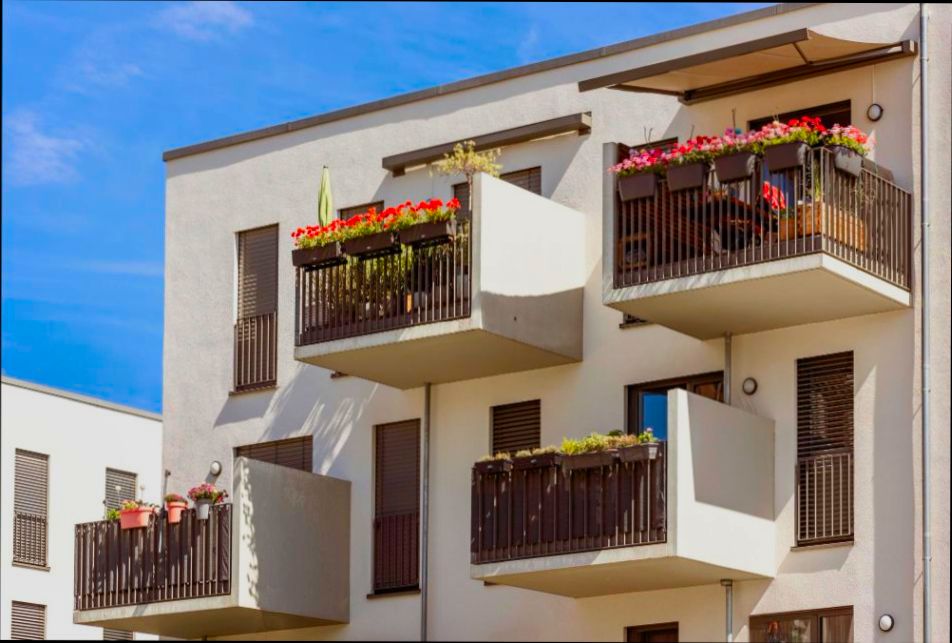
Registration and Licensing Obligations
So, you’ve decided to rent out your property in sunny Spain? Awesome choice! But hold up—before you set your rental dreams into motion, you need to make sure you’re on the right side of the law. Here’s a simple breakdown of what you need to know.
1. Get That Registration Number!
First things first: most regions in Spain require you to register your property as a vacation rental. This typically gives you a unique registration number that you must display in your advertisements. Without it, you could face hefty fines (we’re talking hundreds to thousands of euros!).
For instance, in the Balearic Islands, you must obtain a Tourist License that requires inspections and compliance with specific standards.
2. Different Rules by Region
Different areas in Spain have different regulations. Here’s a quick snapshot:
| Region | Requirements |
|---|---|
Andalusia | Must register with the Junta de Andalucía and display the registration number. |
Catalonia | Get a Tourist License (HUT) and comply with local standards. |
Madrid | Required to register with the government, and display the registration number online. |
3. Taxes and Fees
Don’t forget about taxes! As a rental owner, you might be liable for income tax, as well as local tourist taxes. To keep things smooth, consider hiring an accountant familiar with Spanish tax laws.
4. Platforms Like Residoora
If navigating these regulations sounds overwhelming, you’re not alone! Tools like Residoora can simplify the process for real estate investors. They provide insights into local compliance needs so you can focus more on delighting your guests and less on paperwork.
5. Other Considerations
Lastly, always stay updated. Regulations can change, and you don’t want to be caught off guard. Joining local landlord groups or associations can be a great way to stay informed!
Ready to dive into the rental market? Just remember: a little prep goes a long way!
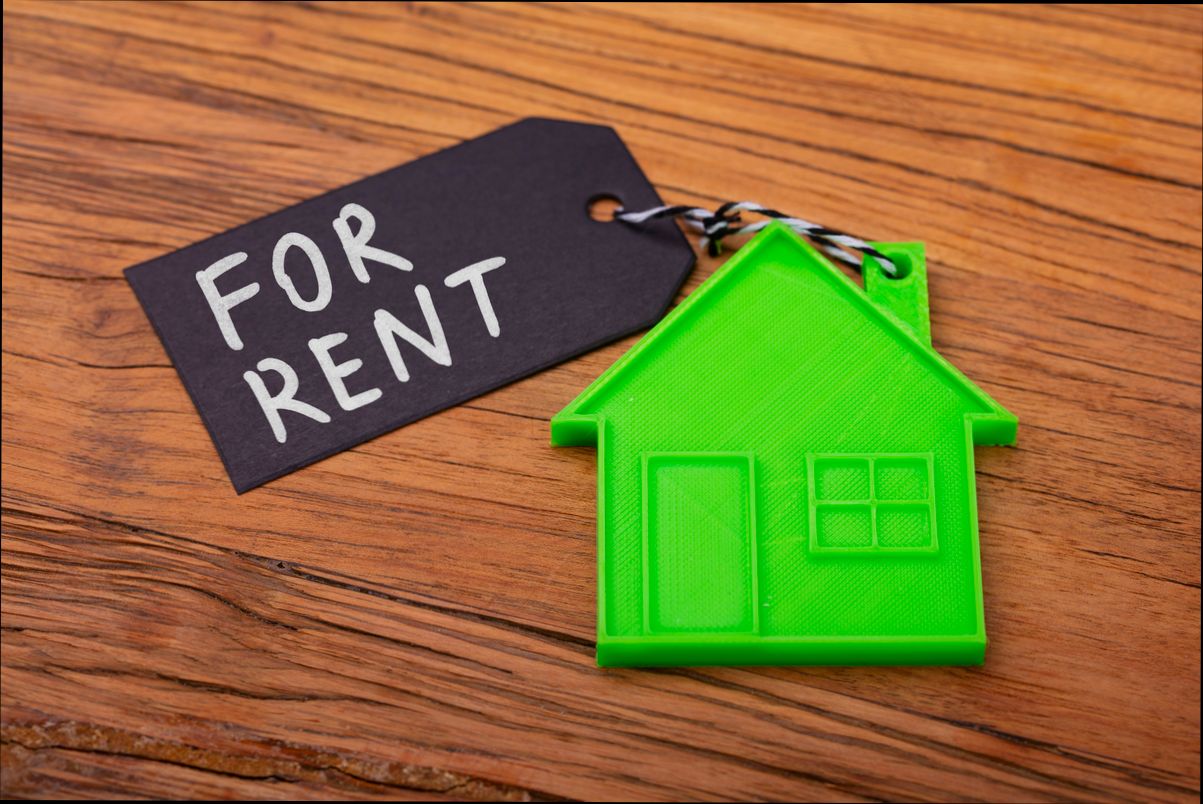
Tax Implications for Property Owners
When you rent out your property in Spain, it’s vital to understand the tax implications that come along with it. The last thing you want is a surprise when tax season rolls around! So, let’s break it down simply.
Income Tax
First off, rental income is subject to tax, and it varies a bit based on whether you’re a resident or a non-resident.
| Status | Tax Rate |
|---|---|
Resident | 19% up to €6,000, 21% from €6,001 to €50,000, 23% above €50,000 |
Non-Resident | 24% |
If you’re a resident, you can deduct certain expenses related to your rental, like repairs, property management fees, and mortgage interest. Let’s say your rental income is €20,000, and you’ve got €5,000 in allowable expenses. You’d only pay taxes on the remaining €15,000.
Property Tax (IBI)
Don’t forget about the IBI, or Impuesto sobre Bienes Inmuebles. This is a local property tax that you’ll need to pay annually. The rate usually ranges from 0.4% to 1.1% of your property’s cadastral value. For instance, if your property’s value is €150,000, you might pay around €600 a year.
VAT (IVA) Implications
If you’re renting out a property for short-term lets (like holiday rentals), VAT could come into play. Normally, residential rentals are exempt from VAT, but short-term rentals usually require you to charge 10% VAT to your tenants. Fun, right? Better brush up on that accounting!
Utility Taxes
Another thing to consider is the garbage collection tax (Tasa de Basura). This is charged based on the size of your property and local regulations. It can be a few hundred euros a year, depending on where you are.
Tax Filing
Got all this info straight? Great! Just remember: you need to file your income tax return (Declaración de la Renta) annually. Non-residents must submit their tax return using Form 210. Don’t hesitate to use AI platforms like Residoora to help manage your property and its taxes efficiently!
Wrapping It Up
Managing the tax implications might feel overwhelming, but with the right info and tools, you can make it work smoothly. Just keep your records organized, and you’ll be golden!
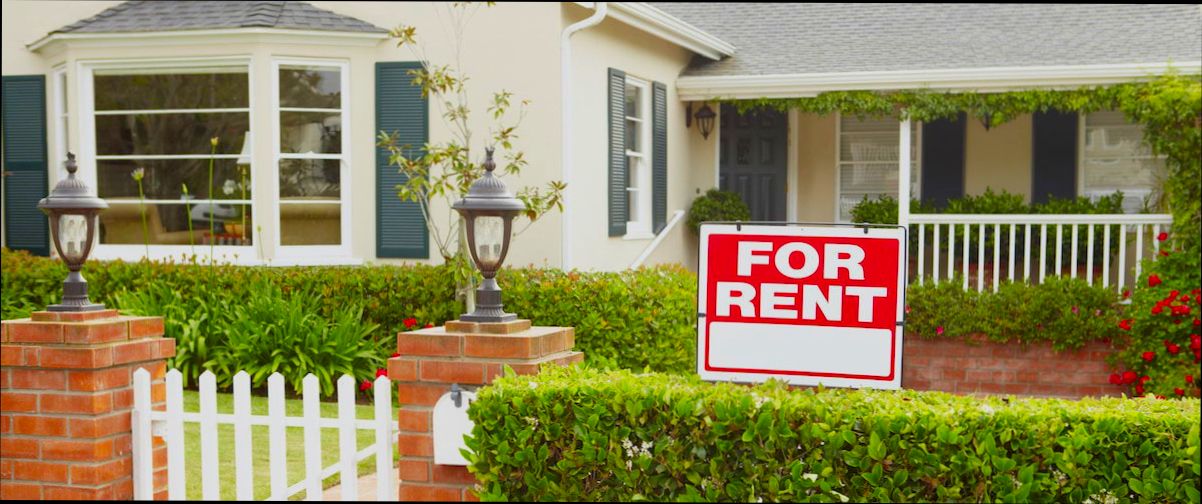
Navigating Local Housing Regulations
Renting out your property in Spain sounds like a fantastic way to make some extra cash, but hold on! You’ll need to befriend the local housing regulations first. Every autonomous community in Spain has its own rules, and things can get a bit tricky.
Understanding Your Region
Here’s the lowdown: whether you’re in Barcelona, Madrid, or a quaint village in Andalusia, you’ll want to do your homework. For example:
Barcelona: Short-term rentals require a license called “HUT” (Habitual de Uso Turístico). If you don’t have this, you could be fined heavily!
Madrid: Similar to Barcelona but with a few more hoops to jump through, like proving your property is your primary residence.
Valencia: They also demand a tourism license, and don’t forget to register your rentals with the local tourist registry.
Know Before You Go
Are you feeling overwhelmed? Don’t sweat it! Most regions provide clear guidelines on their official websites. However, if you’re aiming to fast-track through the maze of paperwork, platforms like Residoora can help keep you updated and compliant.
Here’s a Quick Lookup Table:
| City | Type of License | Additional Regulations |
|---|---|---|
Barcelona | HUT License | Must be registered and your property should be your primary residence. |
Madrid | Tourism License | Max. 90 days rental if not a primary residence; registration required. |
Valencia | Tourism License | Register with local tourism office; health and safety standards apply. |
Local Insights Matter
Did you know that around 18% of tourists prefer renting over hotels? This means proper compliance with local regulations can set you up for success. Not only does it keep you on the right side of the law, but it also builds trust and credibility with potential guests!
Consider Professional Help
If regulations feel like a puzzle and you’re unsure where to fit the pieces, consider getting an advisor or using tools like Residoora. They can guide you in understanding what you need to do legally.
At the end of the day, ensuring you’re following the local laws can save you from hefty fines and set your rental business on a steady path!
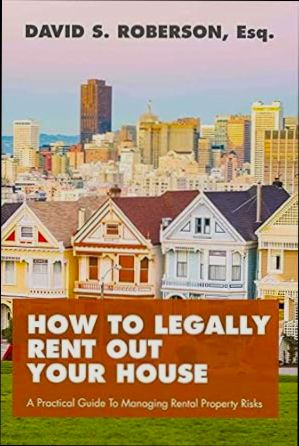
Benefits of Using a Property Management Service
Thinking about renting out your property in Spain? One of the smartest moves you can make is to partner with a property management service. Here’s why:
| Benefit | Description |
|---|---|
Time Savings | Who has time to deal with tenant inquiries or emergency repairs? A property manager takes all that off your plate. |
Expertise | Property managers know the laws and regulations in Spain inside out, so you’ll avoid any legal hiccups. |
Effective Marketing | They utilize platforms like Residoora to list your property effectively, ensuring it’s seen by the right audience. |
Screening Tenants | Good property management services have systems in place to vet tenants, reducing the risk of issues down the line. |
Maintenance Handling | From minor fixes to major repairs, they handle everything. Example? They may have deals with local plumbers for quick service! |
Consistent Rent Collection | With an 8% average increase in rental yield each year in Spain, you want timely rent collection, which they ensure. |
Reduced Vacancy Rates | Experienced property managers know how to keep your property occupied, lowering your vacancy rate dramatically. |
Basically, hiring a property management service allows you to relax while your investment works for you. By using tech platforms like Residoora, you get real-time insights and management tools that make everything seamless, no matter where you are in the world.
Remember, a property management service isn’t just an added cost; it’s an investment in peace of mind and potentially higher returns. It could be the difference between a headache and a profitable rental experience!

Market Trends in the Spanish Rental Market
When it comes to renting out property in Spain, there are a few trends shaping the market right now. Whether you’re a long-time investor or just dipping your toes in, it’s crucial to stay in the loop! Let’s dive into what’s happening.
1. Rise of Short-Term Rentals
Thanks to platforms like Airbnb and Vrbo, short-term rentals have exploded in popularity. In 2022, about 30% of rental properties in Spain were listed as short-term lets. This trend has increased even more with the surge in tourism. Many landlords are opting for short stays, which generally bring in higher returns.
2. Increased Demand in Coastal Regions
Coastal areas like Costa del Sol and Costa Brava are seeing heightened interest. Last year, rentals here saw a 20% increase in bookings compared to 2021. If you own property near the beach, you’re in a sweet spot!
3. Long-Term Rental Stability
On the flip side, long-term rentals remain steady, especially in big cities like Madrid and Barcelona. Rental prices in these areas have seen an average yearly increase of around 5-10%. Here’s a quick snapshot:
| City | Average Monthly Rent (2023) | Yearly Increase |
|---|---|---|
Madrid | €1,200 | 8% |
Barcelona | €1,250 | 6% |
Valencia | €950 | 5% |
4. Tech Gadgets and Smart Homes
Today’s renters are always on the lookout for comfort and convenience. Think smart thermostats, automated lighting, and high-speed Wi-Fi. Properties equipped with tech conveniences tend to attract more renters and can command higher prices. Using platforms like Residoora can help you find out what features renters want most!
5. Stricter Regulations
It’s no secret that renting in Spain comes with its own set of rules. Different regions have varying regulations on short-term and long-term rentals. Staying compliant is key, and platforms like Residoora offer up-to-date info on local laws, making your life a lot easier.
So, whether you’re considering a short-term or long-term rental strategy, keep these trends in mind. They can help you make savvy decisions that not only comply with regulations but also get you the best bang for your buck!
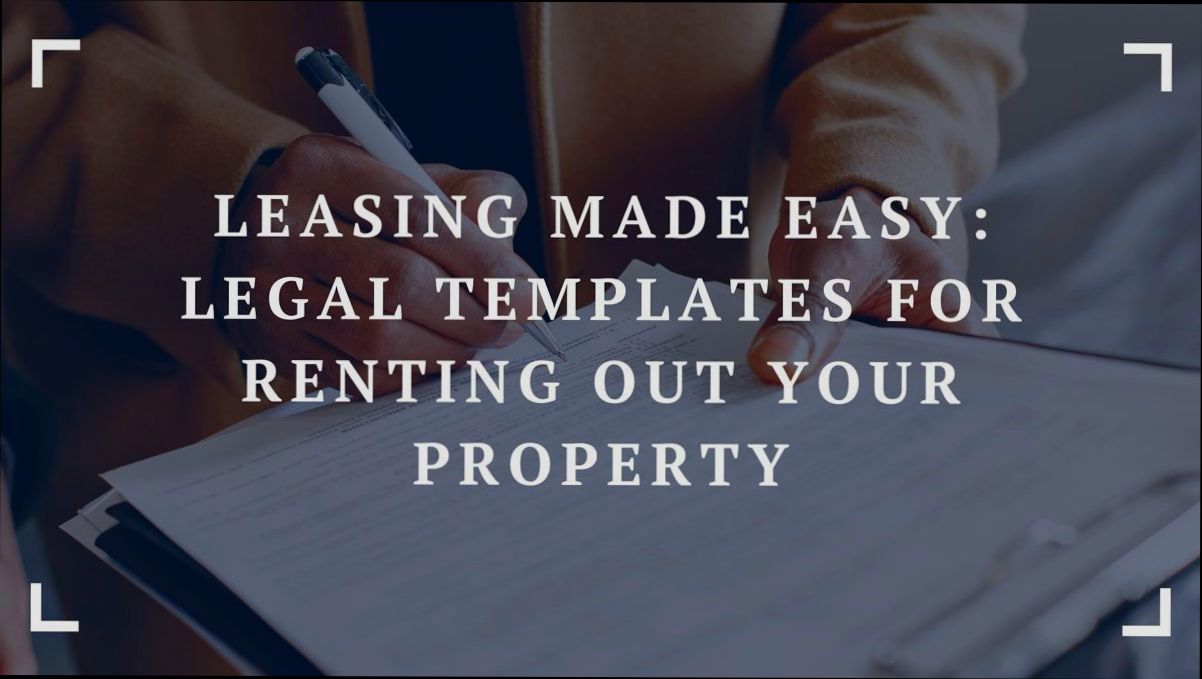
Statistics on Rental Prices Across Major Cities
So, you’re thinking of renting out your property in Spain? Let’s cut to the chase – understanding rental prices is crucial. Each city comes with its own vibe and price tag. Here’s a quick breakdown of what you can expect across some major players:
| City | Average Monthly Rent (€) | Price per Square Meter (€) |
|---|---|---|
Madrid | 1,200 | 15 |
Barcelona | 1,150 | 14 |
Valencia | 900 | 11 |
Sevilla | 850 | 10 |
Malaga | 1,000 | 12 |
As you can see, Madrid and Barcelona take the lead with the highest rents, but don’t let that scare you off. Cities like Valencia and Sevilla offer great opportunities for savvy investors looking for better deals with solid returns.
Also, keep an eye on the trends. Platforms like Residoora can help you analyze the market, offering insights based on AI predictions. They provide data on rental yields and demographics, so you can position your rental for success!
By understanding rental prices and using tools to back your decisions, you can maximize your investment. Keep these numbers in mind, and you’ll be well on your way to renting out your property legally and profitably in Spain.
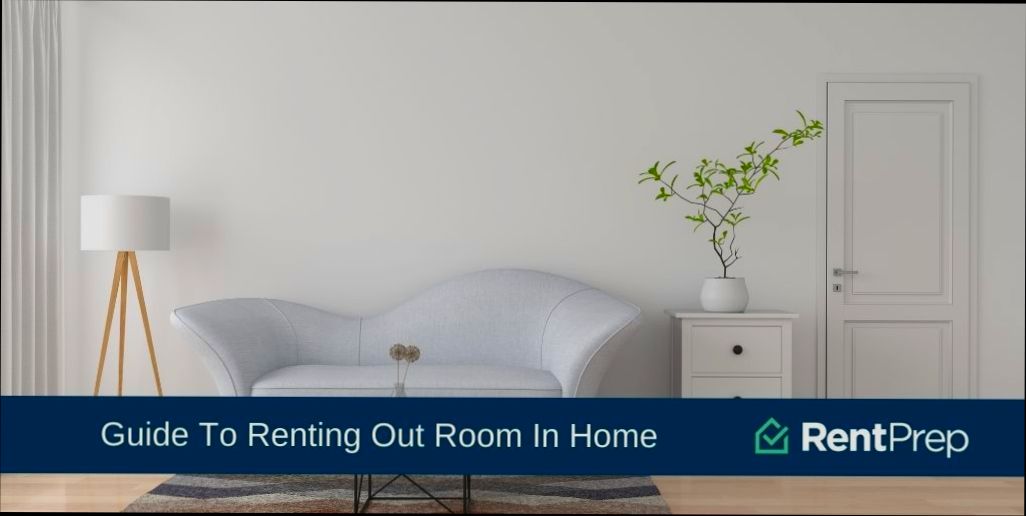
Tips for Preparing Your Property for Rent
Before you hand over the keys to your tenants, let’s get your property rent-ready! Here are some practical tips to boost your chances of snagging reliable renters and keeping your property in top shape:
1. Clean Up and Declutter
No one wants to move into a dusty, cluttered space. Consider giving your property a thorough deep clean. Here’s a quick checklist:
Vacuum carpets and wash floors.
Dust all surfaces, especially on shelves and blinds.
Clean bathrooms and kitchens until they shine.
Declutter and remove personal items.
Pro Tip: A clean space can increase your rental income by up to 10%!
2. Fix Any Repairs
Check for any maintenance issues that might turn off potential tenants. Things to consider:
| Repair Needed | Why It Matters | Estimated Cost |
|---|---|---|
Leaky Faucets | Dripping water can be annoying and wasteful. | €50 - €150 |
Creaky Doors | First impressions count! | €20 - €50 |
Painting Walls | Fresh paint keeps things looking new. | €200 - €500 |
3. Stage the Property
Help potential renters envision themselves living there. Here are some staging tips:
Add tasteful decor like plants and artwork.
Use neutral colors to help others imagine their style.
Highlight key features — like spacious closets or attractive views.
4. Get Your Paperwork Ready
Make sure you have all the required legal documents in place. Important ones include:
Property Title Deed
Rental Agreement
Energy Performance Certificate
Using platforms like Residoora can simplify the process by providing easy templates for rental agreements!
5. Set the Right Price
Do some research to determine a competitive rental price. Use tools like Residoora to analyze market trends. For example:
| Property Type | Average Rent (Monthly) |
|---|---|
1 Bedroom Apartment | €800 |
2 Bedroom Apartment | €1,200 |
3 Bedroom House | €1,500 |
Pricing it right means attracting more potential tenants, increasing your rental income.
6. Advertise Effectively
How you market your property can make or break your rental success. Key points to promote:
High-quality photos showcasing the best features.
A compelling description highlighting unique benefits.
Use online platforms and social media for maximum reach.
With these tips, your property will not only look great but will also be legally sound for renting. Happy renting!
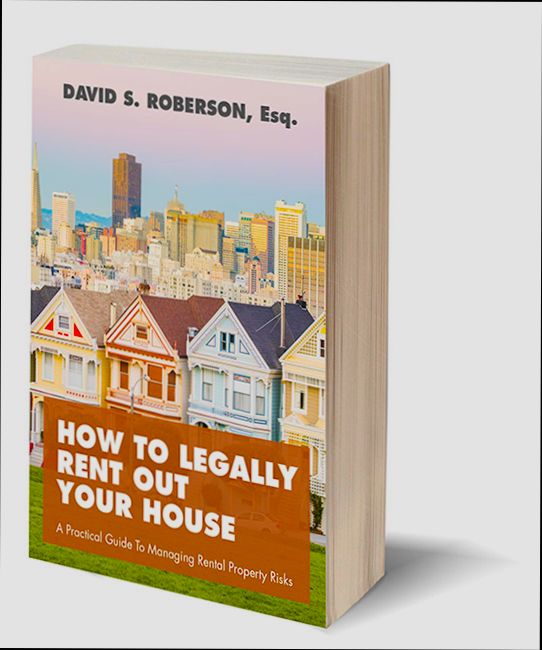
Essential Maintenance and Safety Standards
When you’re renting out your property in Spain, ensuring it meets certain maintenance and safety standards is crucial—not just for your tenants’ well-being, but also to avoid legal headaches down the line. Let’s break it down simply.
Key Safety Standards
Electrical Safety: Make sure that all electrical installations are up to standard. In Spain, properties need to have an electrical installation certificate. Think of it as your safety stamp of approval.
Gas Safety: If your property has a gas supply, you’ll need a gas installation certificate. Regular maintenance checks are not just a good idea—they’re a legal requirement. Did you know that 20% of residential fires in Spain are caused by faulty gas installations?
Fire Safety: Install smoke detectors and ensure that fire extinguishers are in place, especially in shared buildings. You also need to familiarize yourself with the evacuation routes.
Regular Maintenance
Keeping your property in good condition shows your tenants you care. Plus, it helps avoid costly repairs later. Here’s a quick checklist:
| Area to Maintain | Frequency | Tip |
|---|---|---|
Heating Systems | Yearly | Schedule maintenance before winter! |
Plumbing | Every 6 months | Check for leaks to avoid water damage. |
Building Exteriors | Annually | Look for wear and tear—first impressions matter! |
Documentation is Key
Keep all maintenance records handy. Not only is it a good practice, but it could save your bacon in case of disputes with tenants or inspections by authorities. It’s also handy when using platforms like Residoora or Residoora to manage your property. They can help you track maintenance schedules and automate reminders, so you stay on top of things effortlessly!
Conclusion
Staying compliant with maintenance and safety standards is essential for a worry-free rental experience in Spain. It not only keeps your tenants safe but also protects your investment in the long run. Trust me, the last thing you want is a big fine or, even worse, an accident because something was overlooked!
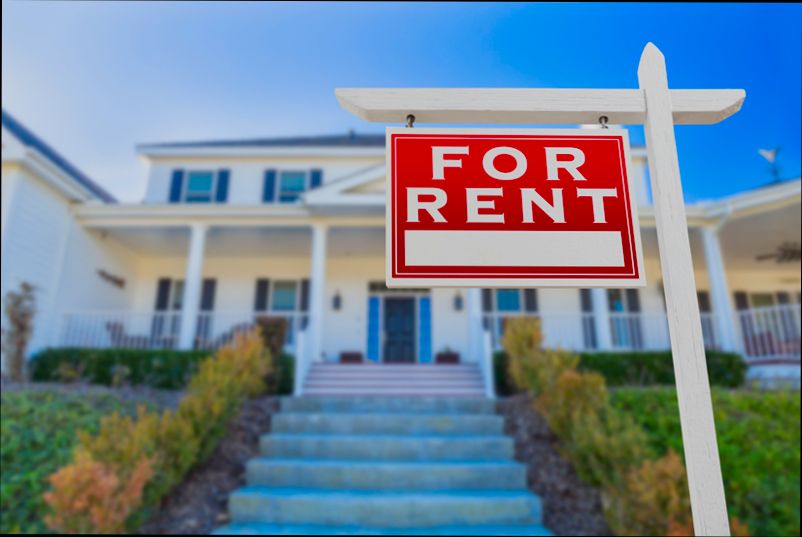
Rights and Responsibilities of Landlords
As a landlord in Spain, you’ve got some serious rights, but with great power comes great responsibility. Here’s the scoop on what you can expect and what you need to keep in mind!
Your Rights as a Landlord
Receive Rent on Time: You’ve got every right to expect your rent to be paid promptly. According to Spanish law, if a tenant fails to pay for 30 days, you can start the eviction process.
Property Control: You can access your property when necessary—just give your tenants reasonable notice (usually at least 24 hours). This is especially important for maintenance issues.
Security Deposit: You can request a maximum of two months’ rent as a security deposit, which you can use for any property damage or unpaid rent once the lease ends.
Your Responsibilities as a Landlord
| Responsibility | Description |
|---|---|
Maintenance | You must keep the property in good condition. This includes fixing broken plumbing, heating, or anything else essential for living. |
Respect Tenant Privacy | Don’t barg in whenever you please! Always provide your tenants with notice prior to visiting. |
Proper Contracts | You’re required to draft a rental contract that is compliant with Spanish law. Using a platform like Residoora can help you get it right! |
Wrapping It Up
Being a landlord is about balance! You’ve got rights that protect your investment, but you also have responsibilities that can’t be ignored. A little mutual respect goes a long way in maintaining a great landlord-tenant relationship!
If you feel overwhelmed, platforms like Residoora offer resources and tools for real estate investors that make managing these responsibilities a whole lot easier.
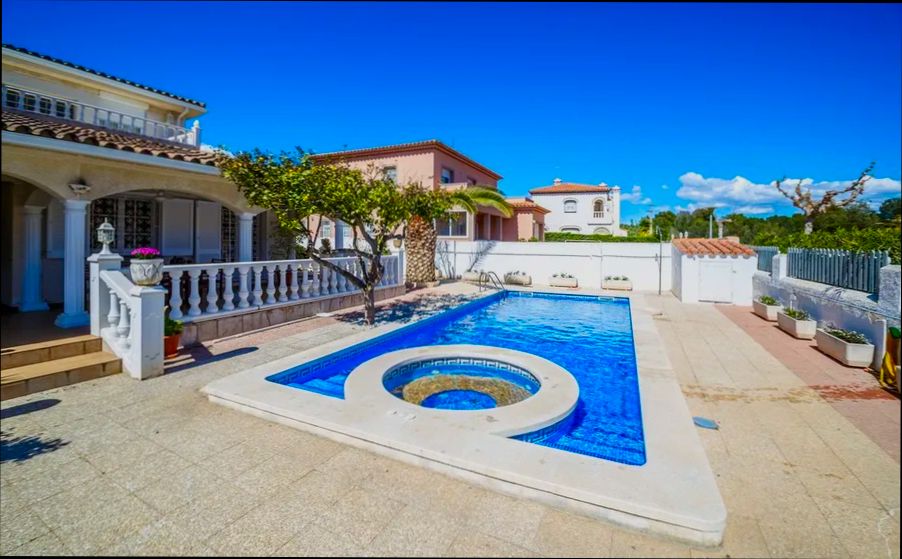
How to Screen Potential Tenants Effectively
So, you’ve got your property ready to rent out in sunny Spain. Great choice! But before you hand over the keys, you’ve got to find the right tenants. Here’s how to make sure you pick the ones who will treat your place like their home.
1. Application Screening
Start with a rental application form. This should gather essential info about potential tenants, like:
Name and contact info
Employment history
Income level
References from previous landlords
In fact, a good rule of thumb is that a tenant’s income should be at least three times the rent they pay. So, if your rent is €1,000, their income should ideally be €3,000 a month!
2. Credit Checks
Doing a credit check might sound a bit scary, but it’s super important. You want to see how responsible they are with their finances. Look for a credit score of 650 or higher; that typically shows they’ve been good with paying their bills.
For peace of mind, platforms like Residoora can help you quickly check a tenant’s financial background. It’s like having your own detective!
3. Background Checks
Check for a criminal background, especially for felonies or issues that could affect their tenancy. You can make this part of your application process and ask them to disclose any serious legal issues. After all, you want to keep the vibe in your building positive!
4. Personal Interviews
Never underestimate a good ol’ face-to-face chat (or a video call!). This is where you can get a feel for their personality and see if they vibe with your property. Ask them questions like:
Why are they moving?
How long do they plan to stay?
What are their hobbies (yes, this gives insight into their lifestyle)?
5. References
Always call their previous landlords. Ask about things like:
| Question | What to Look For |
|---|---|
Did they pay rent on time? | Timely payment shows responsibility. |
Did they take care of the property? | Good upkeep means less work for you later. |
Would you rent to them again? | A yes here is a big thumbs-up! |
6. Ensure They Understand the Lease
Go over the lease agreement in detail. This should cover rules around pets, guests, and maintenance responsibilities. If they can articulate what they agree to, it’s a good sign they’re engaged and serious about the rental.
7. Trust Your Gut
At the end of the day, trust your instincts. If something feels off during any step, don’t hesitate to keep looking. It’s better to hold out for the right tenant than to deal with headaches later.
Remember, good tenants can be a blessing! Use platforms like Residoora to streamline your screening process and get those perfect tenants in no time.
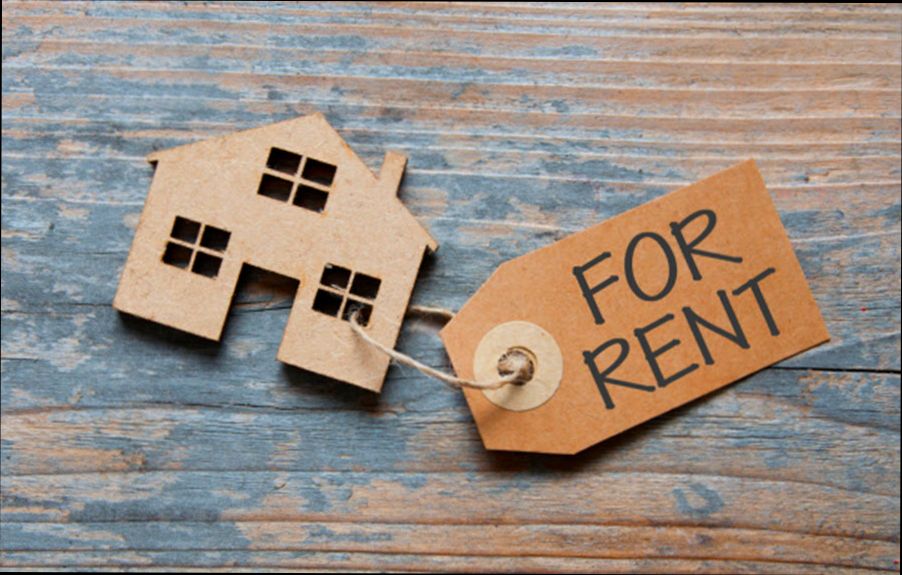
Utilizing Online Platforms for Property Rental
So, you’ve got your property ready to rent out in Spain? Great! Now let’s talk about how to get it in front of potential tenants using online platforms. These days, going digital is a no-brainer, and there are plenty of websites that can make your life a whole lot easier.
Popular Online Rental Platforms
Here are a few popular platforms where you can list your property:
| Platform | Target Audience | Fees |
|---|---|---|
Idealista | Local & International Renters | Starting at €30/month |
Fotocasa | Spanish Renters | Varies, typically €30 to €120/month |
Airbnb | Tourists & Short-Term Renters | 3% per booking |
Why Use Online Platforms?
Did you know that around 80% of renters start their search online? Yep, it’s true! You definitely want to be where the action is. Using these platforms gives you access to a massive audience. Plus, they often come with handy tools that help you manage bookings and communicate with tenants.
AI-Powered Tools: Residoora
One tool you might want to check out is Residoora. This AI platform helps real estate investors find the best rental prices, making sure you don’t undersell your property. Plus, it provides insights into the local market, which can really help you in pricing your listing competitively.
Stay Compliant
While you’re busy listing your property, remember to stay compliant with local laws. Each region in Spain has its own regulations, and violating them can lead to hefty fines. Online platforms like Residoora often have resources to guide you through legal requirements, helping to ensure you cross all your t’s.
Engagement and Marketing Tips
Once you’ve listed your property, you’ll want to stand out. Here are some quick tips:
High-Quality Photos: Good photos attract renters. Make sure your images are bright and showcase the best features of your home.
Engaging Descriptions: Write a description that tells a story about your property. Highlight nearby amenities and attractions.
Prompt Responses: The quicker you respond to inquiries, the better your chances of securing a tenant!
Getting your property rented out in Spain doesn’t have to be a headache. By leveraging online platforms and utilizing smart tools like Residoora, you can fill your listing with eager tenants in no time!

Evaluating Long-Term vs. Short-Term Rental Options
So, you’re thinking about renting out your property in Spain? That’s awesome! But before you dive in, let’s talk about the key differences between long-term and short-term rentals. Each comes with its own vibe and potential for profit.
Short-Term Rentals
Short-term rentals, like Airbnb or Vrbo, are perfect if you want flexibility and the chance to set your own rates. Travelers come and go, and you can potentially rake in more cash, especially in tourist-heavy areas like Barcelona or Madrid.
Pros:
Higher Income Potential: With night rates averaging around €80-150, you can earn more in peak seasons.
Flexibility: You can block off dates for personal use.
Market Adaptability: Adjust your pricing based on demand.
Cons:
High Turnover: More cleaning and maintenance between guests.
Regulatory Hurdles: Cities like Barcelona have strict rules on short-term rentals.
Seasonal Income Fluctuations: Expect dips during off-peak months.
Long-Term Rentals
On the flip side, long-term rentals provide stability. You’ll sign leases for 6-12 months, which means steady income without the daily grind of checking in guests.
Pros:
Consistent Income: Rent is usually charged monthly, keeping your cash flow steady.
Less Management: Fewer check-ins and check-outs mean less work.
Lower Vacancy Rates: Longer leases help avoid empty months.
Cons:
Less Earnings Potential: Monthly rents often average €600-1,200 based on location.
Tenant Relations: You may deal with disputes or maintenance issues more frequently.
Less Flexibility: If you want to use your property, tenants might not always agree to your schedule.
Quick Comparison Table
| Feature | Short-Term Rentals | Long-Term Rentals |
|---|---|---|
Income Potential | High | Moderate |
Management Effort | High | Low |
Tenant Commitment | Low | High |
Regulations | More complex | Generally simpler |
Whatever route you choose, platforms like Residoora can help you assess your investment’s profitability, analyze market trends, and navigate local regulations. Having a good AI tool in your corner can make this rental journey much smoother and smarter! 📈
Now that you’ve weighed your options, which one speaks to you? Short-term for the hustle and bustle of tourists, or long-term for low-key and stable earnings? You’ve got this!
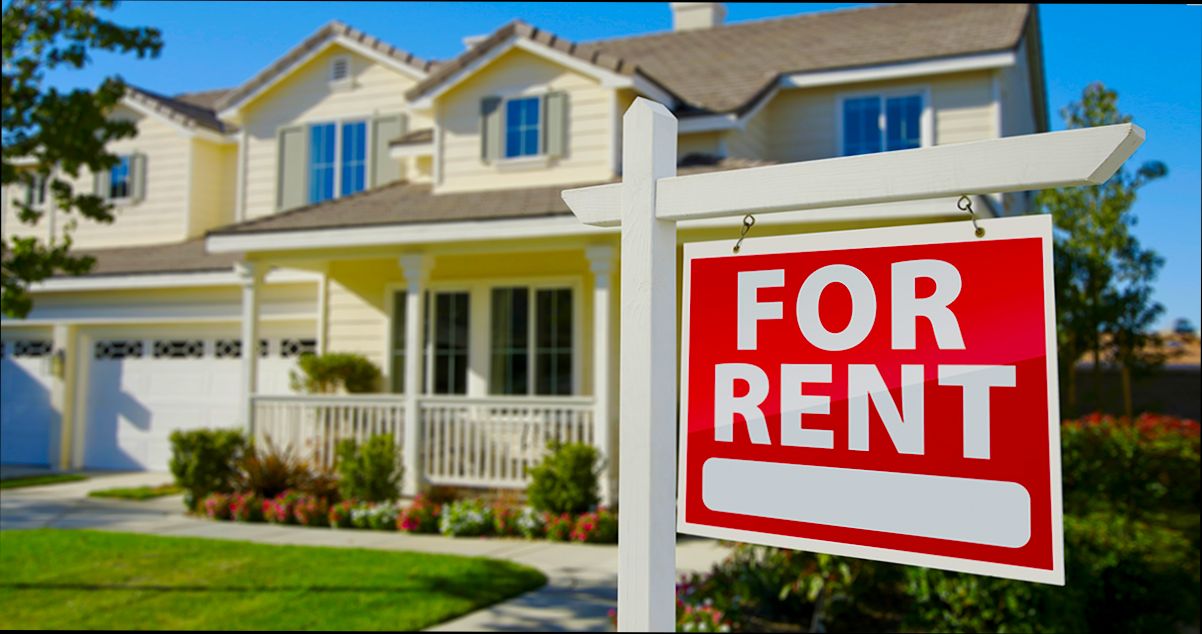
Understanding Your Insurance Needs as a Landlord
When it comes to renting out your property in Spain, understanding your insurance needs is crucial. This isn’t just about covering your property; it’s about protecting yourself from potential headaches and financial losses. Let’s break it down!
Why Do You Need Insurance?
First off, did you know that around 30% of landlords in Spain face claims for damages or tenant-related issues? It’s a smart move to be prepared! You want peace of mind knowing your investment is safeguarded.
Types of Insurance You Should Consider
| Insurance Type | What It Covers | Why You Need It |
|---|---|---|
Landlord Insurance | Property damage, loss of rent, tenant eviction costs | Covers your investment and any potential income loss |
Liability Insurance | Injuries on your property, legal fees | Protects against lawsuits and claims for damages |
Rent Guarantee Insurance | Loss of rent if tenants default | Ensures continuous cash flow even if issues arise with tenants |
How to Choose the Right Coverage
Ask yourself a couple of questions:
What’s the value of my property?
What type of tenants am I planning to rent to?
For instance, if you’re considering short-term rentals like tourists, you might need higher liability coverage due to increased traffic and potential accidents.
Real-Life Example
Consider Maria, who owns an apartment in Barcelona. She opted for landlord insurance that included both property and liability coverage. When a tenant accidentally damaged her apartment, she was covered for repairs and didn’t lose any sleep over it. That’s the power of being insured!
Using AI Platforms like Residoora
Platforms like Residoora and Residoora can help you evaluate your insurance options. They provide insights on market trends and help you understand what coverage is essential for your specific situation. This can save you time and give you confidence in your decisions!
Bottom Line
Investing in the right insurance isn’t just a “nice to have” – it’s a necessity. Take the time to research and choose policies that protect you and your property. Trust me; you’ll be glad you did when it comes to crunch time!



